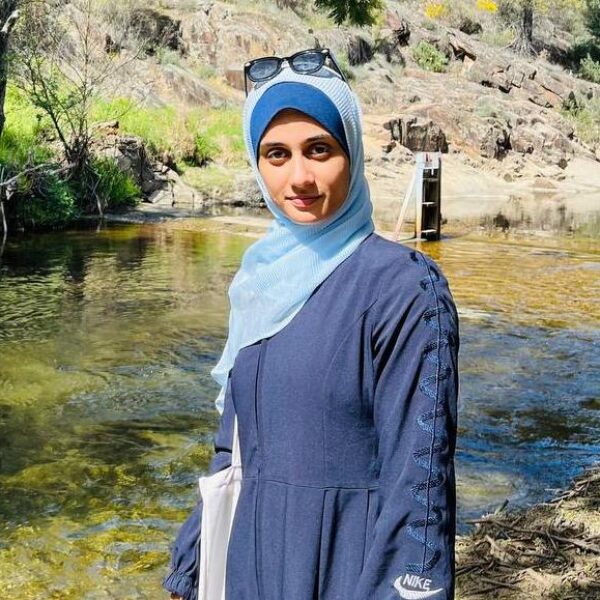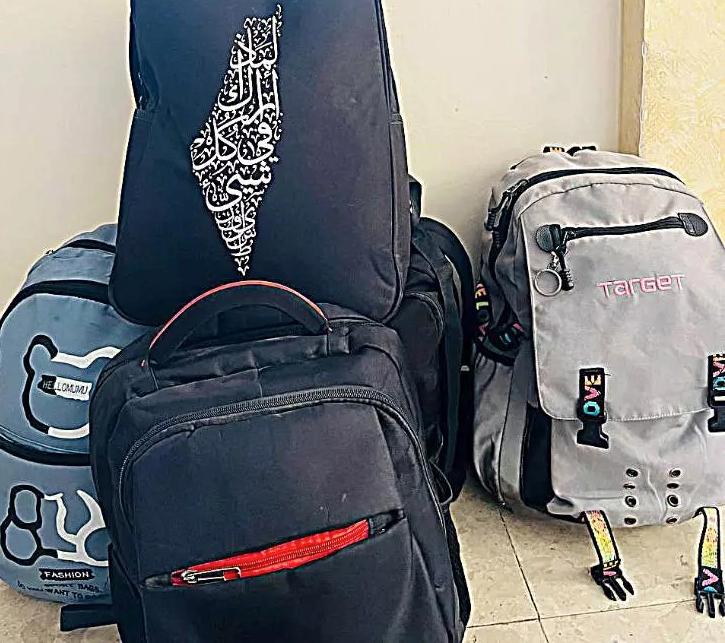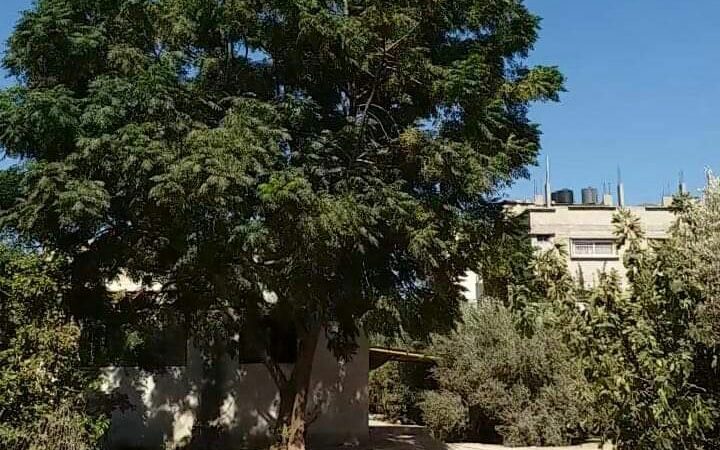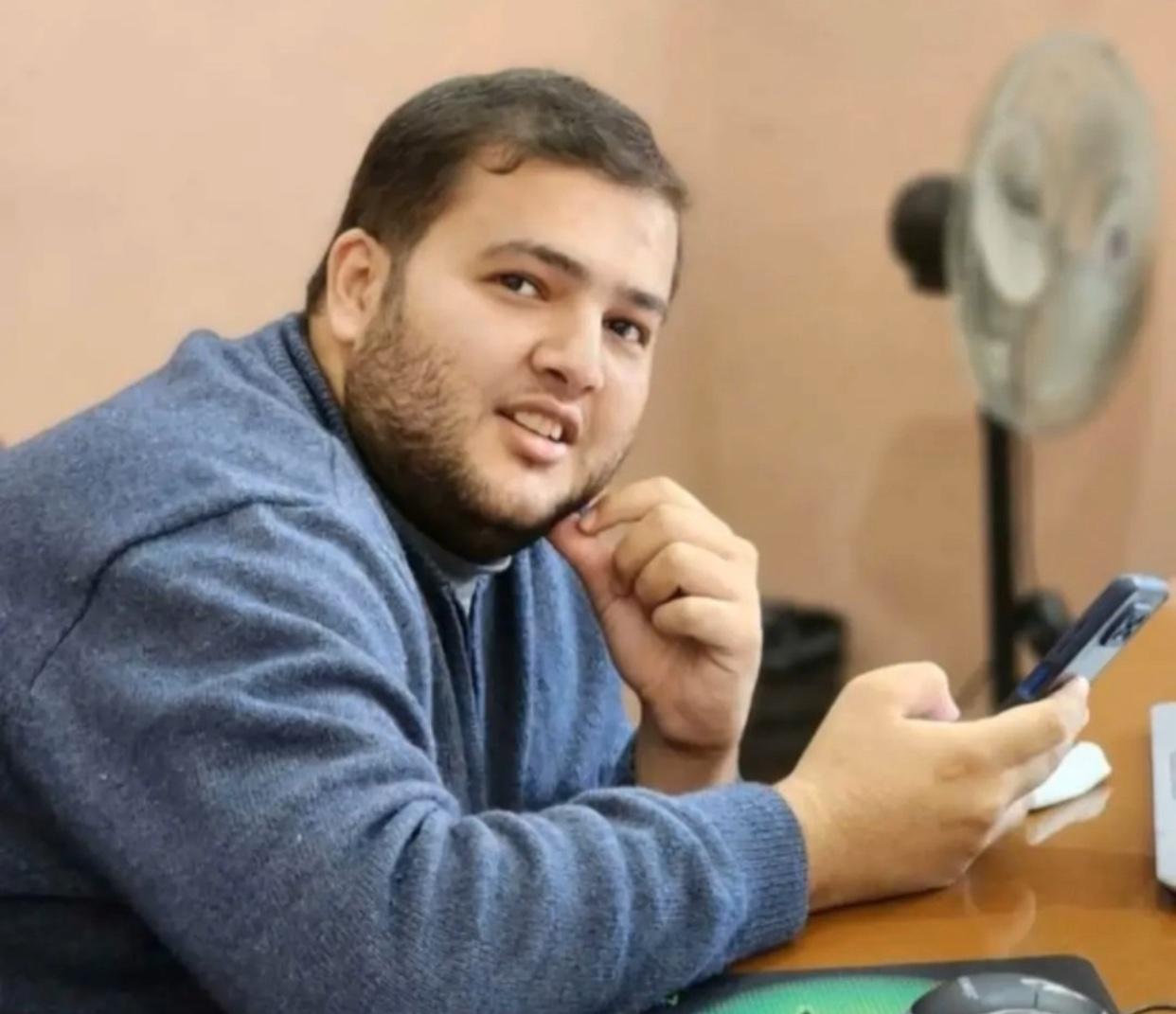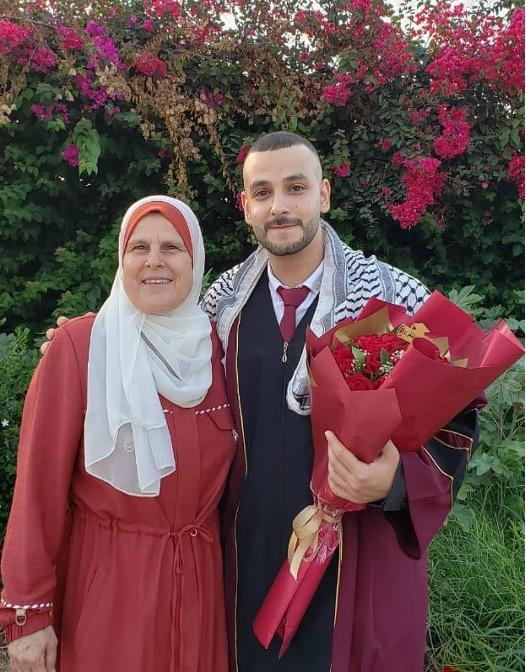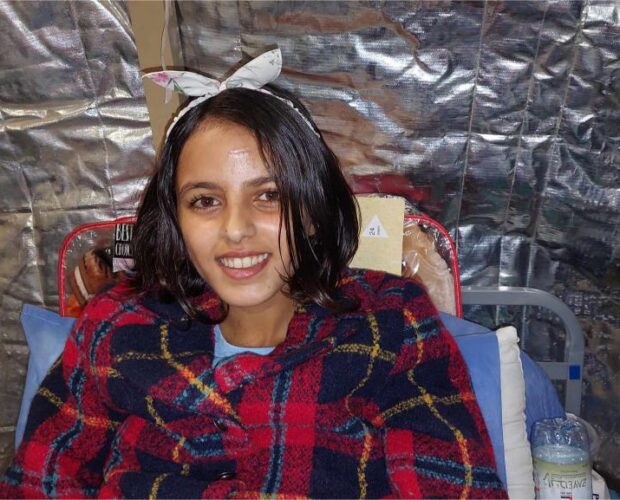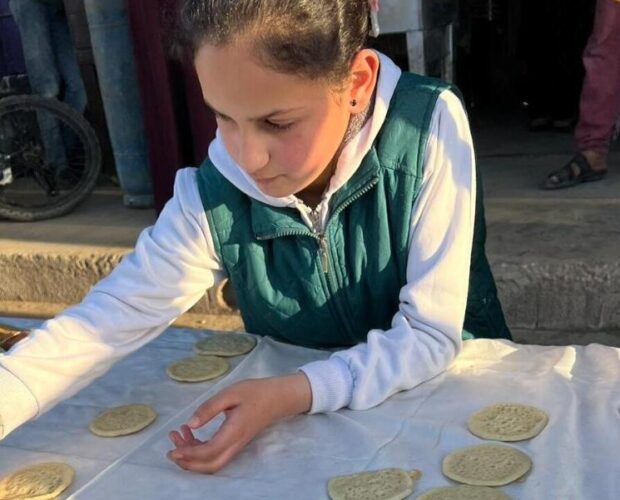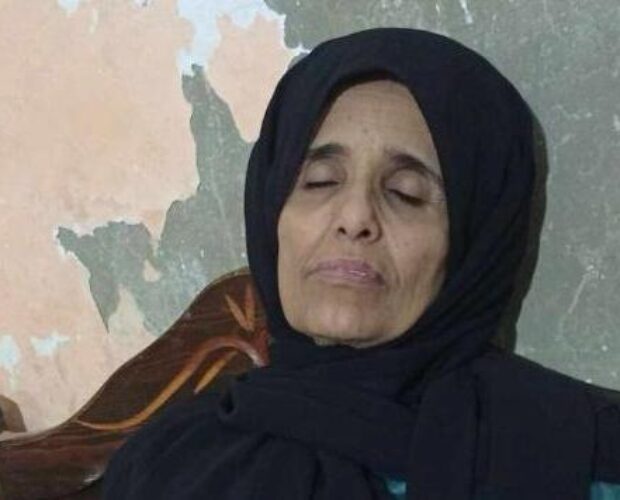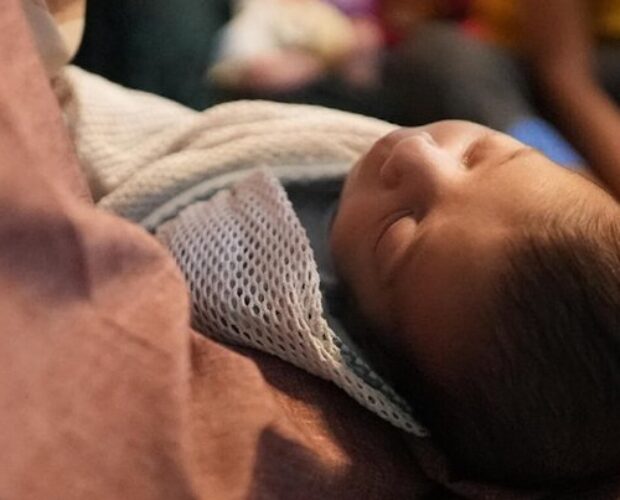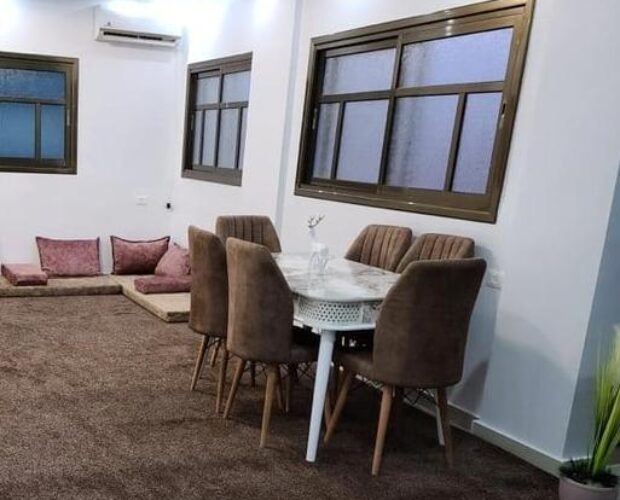My name is Wejdan and I’m 22 years old.
I am using my own name, even though I’m hesitant to do so, given the Israeli practice of targeting journalists and anyone else who attempts to expose what is going on in Gaza.
But I want you to know what my daily life has been like during this savage Israeli aggression that has killed so many of our people and displaced even more.
I am a university student and should be attending classes now. But that is one of many things that the war has taken from me.
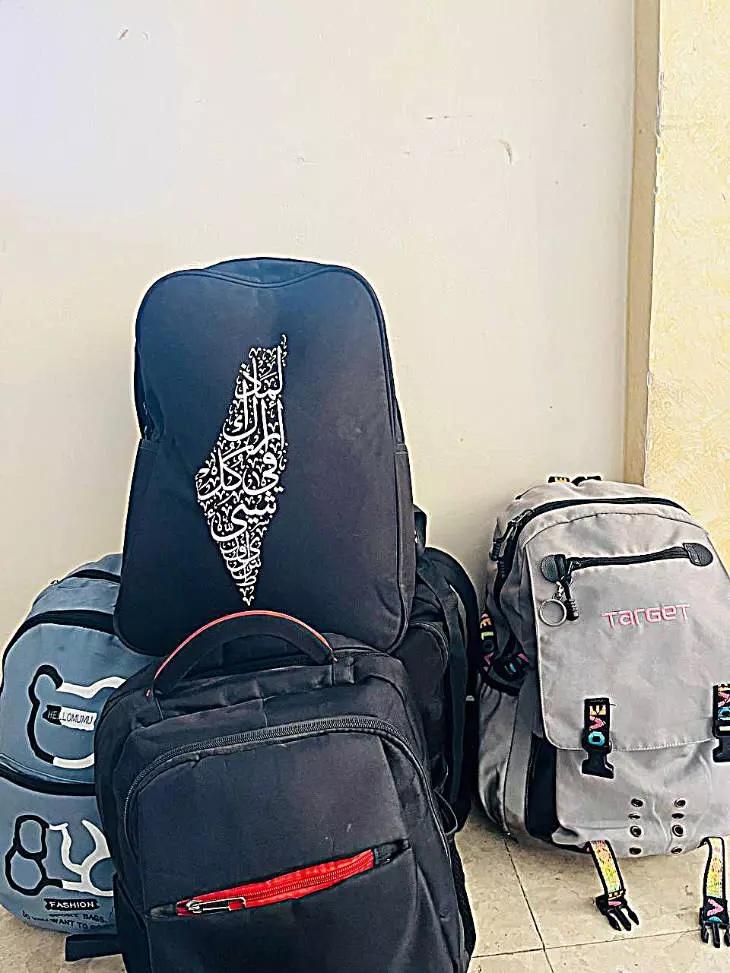
Every morning, the household, composed mostly of children and elderly people, wakes up and spends all day trying to secure the basics of life, such as water, bread and food. This is difficult because food and fuel are scarce and the threat of bombings is constant. Each day we bake bread over a wood fire.
One day last week, we all began our day doing our various tasks at the family home in Khan Younis. Some of my family members were baking bread and I was hanging laundry when the sound of shelling shook the area in a terrifying way. This time the shelling was right in front of me.
We started running as fast as we could, our faces pale with fear, our bodies trembling. When we arrived at the door of the apartment, we found other family members standing there, terrified and confused. Then all of our neighbors in the building came down to the main entrance; some were crying and others were screaming. No one knew what was going on.
We went inside our apartment and tried to calm one another and to contain the fear that had spread throughout the building. Our neighbors decided to evacuate the building, and then my family decided that we would too; with the bombing so near, we felt we had no choice. However, the evacuation would be more difficult for us because my family includes children and elderly people.
We knew that we may be away for an extended period of time and we did not know where we would be staying. We started packing our belongings with tears in our eyes, trying to comfort one another. We began packing our most important belongings and documents: personal ID cards, birth certificates, passports, graduation certificates, property ownership papers and other important documents that tell who you are. I stuffed everything into a bag.
Clothing came next. I could only take one or two pieces of clothing, considering the space in my bag and the time I needed to help others to pack. Then we looked for medications that family members take. There is a scarcity of medicine due to the war, so we packed any necessary medications and especially painkillers. We searched the house for money. It is important to have some cash on hand in case we needed to purchase anything during the evacuation or in the immediate aftermath. We found bottles of water and some portable food including some canned and packaged foods that will not spoil. We carried everything that we could.
We gathered at the door of the apartment to decide where to go. We decided to go to a school about 15 minutes away that served as a shelter for the displaced. We stood in the cold on the street for about half an hour trying to find a car or a donkey cart. There weren’t many cars, because of the lack of fuel, and in any case no one could take us.
People were streaming past us on foot. Cold, discouraged and heartbroken, we decided to walk even though we had children and elderly people with us. We helped one another as much as we could.
Evacuation is a soul-crushing experience. It is the feeling of having your entire life ripped away from you, leaving you with nothing but the clothes on your back. It is the feeling of being forced to leave behind your home, your memories, your loved ones, and everything that makes you who you are.
The hardest part of the evacuation is when you close the door behind you; that’s when you start to worry about what is ahead. When you leave your home, you are leaving the place that was always your safe place. You don’t know how long you will be away from your home and whether you will find it intact when you return. Will your home still be standing? When will you be able to return? All these questions and more are running through your mind as you walk into the unknown.
This article is co-published with the Washington Report on Middle East Affairs.

